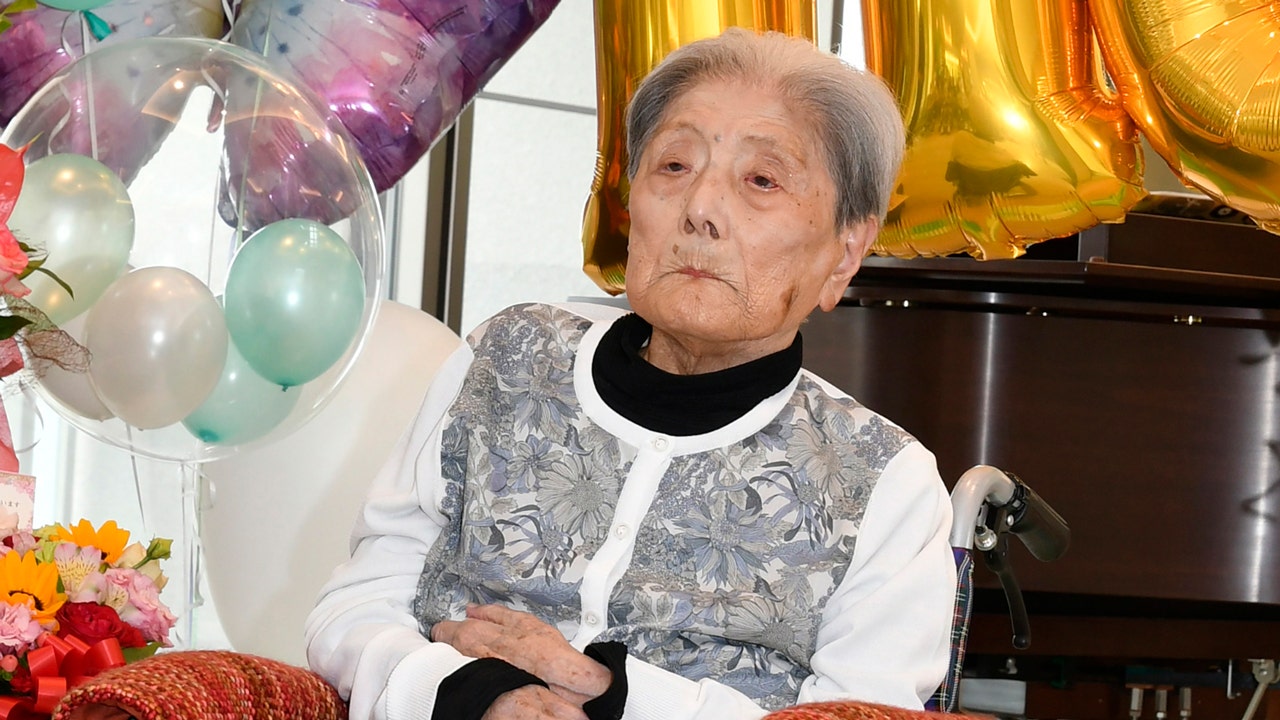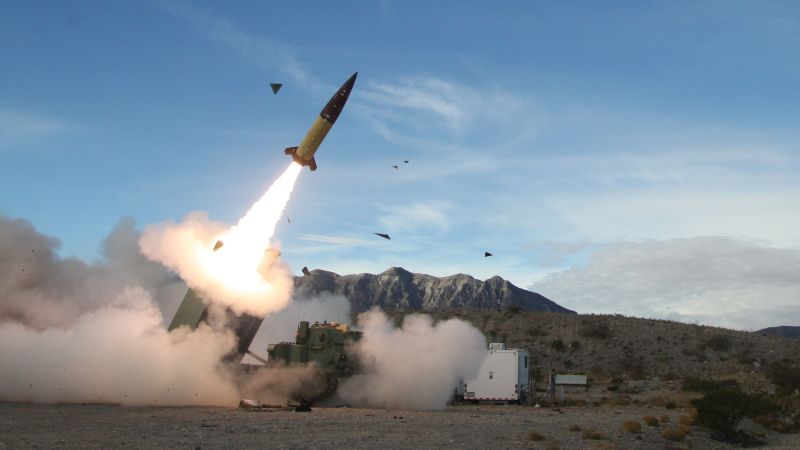World
US Prez polls: What to watch for in the Biden-Trump presidential debate

The two oldest candidates ever to run for US president meet on June 27 for a televised debate unlike any other. One accuses his rival of being unhinged and a danger to democracy, while the other accuses his opponent of being senile and corrupt.
President Joe Biden, 81, and former President Donald Trump, who turns 78 on Friday, are essentially tied in national opinion polls with fewer than five months until the Nov. 5 election.
But a large swath of voters remain undecided, raising the stakes of a debate that will be viewed more for possible moments of drama than for policy discussions between the Democratic president and his Republican challenger.
Here is what to watch for in the first 2024 presidential debate in Atlanta, Georgia, on June 27, airing on CNN at 9 pm
EDT (0100 GMT on June 28):
The fitness question
Both candidates may face questions about their fitness to serve in ways previous presidential hopefuls have not.
Trump claims Biden is physically and mentally unfit for office, while Biden has called his predecessor “unhinged” and a danger to democratic norms.
Democrats point to Trump’s role in the Jan. 6, 2021, attack on the US Capitol by his supporters, his other efforts to overturn the 2020 election and his conviction on May 30 on 34 felony counts for his involvement in a hush-money scheme to keep an alleged sexual encounter with a porn star from the public.
On the other side, Biden’s mental and physical strength has been the subject of scrutiny and speculation as he seeks a second four-year term. Critics say he is slowing down and point to a series of verbal slipups; allies claim he is as sharp as ever.
Trump has regularly mocked Biden at rallies, suggesting he’s not up to the job.
The president’s age is also on most voters’ minds, including Democrats, and many viewers will be on alert for any sign that Biden — or Trump — is not up to the task.
The temperament test
Both candidates are known for their tempers and impatience.
They are used to commanding the stage and getting their way.
Both have been president and likely see little reason to yield to the other.
“There is a lot of bad blood,” said Tevi Troy, a former George W. Bush official who helped that Republican president prepare for the 2004 debates against Democrat John Kerry.
Biden rattled Trump during their first debate in the 2020 race, leading Trump into what was viewed as a poor performance as the Republican repeatedly interrupted and bickered with the moderator. Biden went on to beat Trump handily.
Trump may try to get under Biden’s skin by mentioning the legal problems of the president’s son, Hunter, who was convicted this week of lying about his drug use to illegally buy a gun. Joe Biden is well practiced at deflecting such comments, but viewers will be looking for any sign that the president cannot maintain his poise under fire.
Trump has to be careful, too, to not turn off moderate voters with a bullying approach. “You can’t be so aggressive that you are rude, and you seem to be trampling your opponents”, said Brett O’Donnell, a veteran Republican debate consultant.
Both Biden and Trump could be rusty. Trump refused to participate in the 2024 Republican primary debates, a decision that did him no harm as he easily beat all his rivals for the party’s nomination. Biden also has not been on a debate stage in almost four years.
Disinformation danger
Trump is notorious for injecting falsehoods and exaggerated boasts into his remarks, typically requiring a legion of fact-checkers to verify his claims. Biden, too, has been known to tell a few tall tales on the stump.
But there is peril for the opposing candidate in trying to correct the record on stage. “You have limited time,” Troy said.
“You have to get your points out.”
He said fact-checking is a task better left to campaign aides who can quickly send out statements challenging the opponent’s assertions. Many news organizations also will assess the veracity of the candidates’ statements.
The narrative trap
There will be a strong temptation for Biden to lean into Trump’s recent conviction in New York. O’Donnell says that would be a bad idea because it would further Trump’s unsupported contention that Biden was involved in bringing the charges and that Trump is a victim of political persecution.
For Trump, the danger lies in saying things that underscore Biden’s argument that he is a threat to democratic norms. Trump, for example, has suggested he will use the Justice Department to target his political enemies.
“Trump has to seem presidential, said Aaron Kall, an expert on presidential debates at the University of Michigan.
Trump may also be tempted to complain, as he frequently does on social media, about the forces working against him or cast himself as a victim of a political conspiracy. But undecided voters don’t care about Trump’s grievances, O’Donnell said.
“Folks aren’t interested in the candidate’s problems, they are interested in their problems,” the debate consultant said.
Political experts said the candidates should emphasise cost-of-living issues – such as high grocery, housing and energy prices – to show they are in touch with voters’ sentiments.
Biden has been trying to reassure voters about the economy for months with mixed results, and Reuters/Ipsos polls have shown Trump with an edge over Biden as the candidate voters trust to handle the economy.
Democratic pollster Brad Bannon said Biden needs to acknowledge that some voters are still having a tough time.
“He must couple his boast of accomplishments with an acknowledgement that consumers still struggle with high prices for gas and groceries,” Bannon said.
Biden, he said, “does empathy well. He needs to do much more of it.”
No audience feedback
In a sharp departure from previous presidential debates, there will be no studio audience. That could pose problems for both candidates, but perhaps particularly for Trump, who draws energy from a boisterous crowd.
That means the candidates might be somewhat at sea, getting no real-time feedback as to how their arguments and attacks are being received, Kall said. With no voters in the room to pander to, the candidates may be more substantive and less histrionic.
Trump, however, has deep experience in studio settings given his many years on network television, while Biden has delivered speeches from the White House without an audience. A key to debate success may be which candidate makes the format work best for them by connecting viscerally with viewers at home.
The wild card
There remains the possibility that independent candidate Robert F. Kennedy Jr. could qualify for the debate under the criteria set by CNN. Should that happen, it would radically alter the dynamic, experts said.
To qualify, Kennedy must reach at least 15 per cent support in four national opinion polls while also ensuring his name is on the ballot in enough states so that if he won them all, he would amass enough electoral votes to become president.
If Kennedy is viewed as a threat by both Biden and Trump, they could work together to try to shred his credibility.
Alternatively, Kennedy could choose to train his fire on one candidate over the other, with unpredictable results.
At the very least, adding Kennedy to the mix would reduce airtime for both Biden and Trump when they need to make every minute count.









